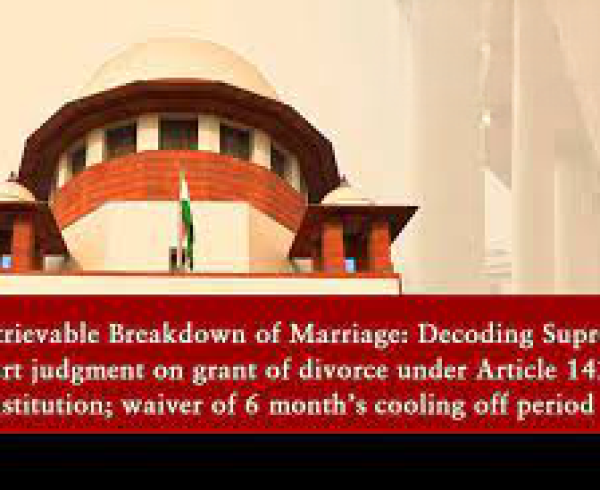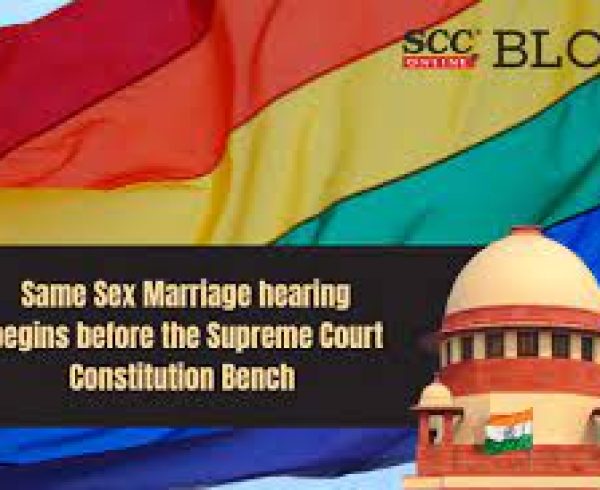
In Indian family law, the terms “permanent alimony” and “maintenance” refer to different concepts regarding financial support for a spouse. However, it is important to note that the terminology and application of these concepts may vary depending on personal laws applicable to the individuals involved. While I can provide general information, please consult with a legal professional for specific advice in your situation.
Maintenance, as mentioned earlier, is the financial support provided by one spouse to the other during the marriage or after separation. The amount of maintenance is typically determined based on factors such as the financial condition of the spouse seeking maintenance, their earning capacity, the standard of living during the marriage, and other relevant circumstances.
Permanent alimony, on the other hand, refers to a lump sum or periodic payment granted to a spouse after divorce or judicial separation. It is intended to provide for the future financial needs of the spouse and can be awarded based on various factors such as the financial condition of both parties, their respective earning capacities, the duration of the marriage, and other relevant considerations.
Regarding Supreme Court judgments on alimony and maintenance, here are a few notable cases:
In the landmark case of Vijaykumar Ramchandra Bhate vs. Neela Vijaykumar Bhate (2003), the Supreme Court held that maintenance under Section 125 of the Code of Criminal Procedure (CrPC) should be awarded considering the financial capacity of the husband and the standard of living of the parties.
In the case of Amardeep Singh vs. Harveen Kaur (2017), the Supreme Court emphasized that the amount of permanent alimony should be fair and reasonable, taking into account the financial capacity of the husband, the income and lifestyle of both parties, and other relevant factors.
The Supreme Court, in the case of Manish Jain vs. Akanksha Jain (2020), ruled that in divorce cases, maintenance should be granted to the wife and children based on their needs and the husband’s financial capacity.
These judgments highlight the principles applied by the Supreme Court when determining maintenance and alimony. However, it’s important to consult with a legal professional to understand how these principles are applied in your specific case, as each situation may have unique circumstances that could influence the outcome.
In Indian family law, the provisions for claiming permanent alimony and maintenance for both spouse and children can vary depending on the personal laws applicable to the individuals involved. Here are some common provisions under different statutes:
- Hindu Marriage Act, 1955: Under Section 24, a spouse can claim temporary maintenance during the pendency of a divorce case. Under Section 25, permanent alimony can be claimed as part of the final divorce decree, taking into consideration factors such as the financial status of the parties, their respective needs, and other relevant circumstances. The court may also consider factors such as the duration of the marriage and the ability to pay.
- Muslim Personal Law: Under the Muslim personal law, a wife is entitled to maintenance called “Mehr” at the time of marriage. She can also claim maintenance during the period of “iddat” (waiting period after divorce). The amount and duration of maintenance can vary based on factors such as the husband’s financial capacity, the standard of living during the marriage, and the needs of the wife and children.
- Special Marriage Act, 1954: Similar to the provisions under the Hindu Marriage Act, Section 36 of the Special Marriage Act allows for temporary maintenance during the pendency of divorce proceedings. Section 37 enables the court to grant permanent alimony and maintenance to either spouse after considering factors such as the financial position of the parties, their needs, and other relevant circumstances.
These are general provisions, and there may be additional factors and considerations based on individual cases. It’s advisable to consult with a legal professional who specializes in family law to understand the specific provisions and procedures applicable to your situation. It is better to seek professional legal assistance of Advocate/lawyer in Indore for divorce/alimony/maintenance for handling your case in Family Court in Indore.
Article by: Raghvendra Singh Raghuvanshi & Nidhi Vaidya, Advocates-High Court of MP, Indore.






Leave a Comment